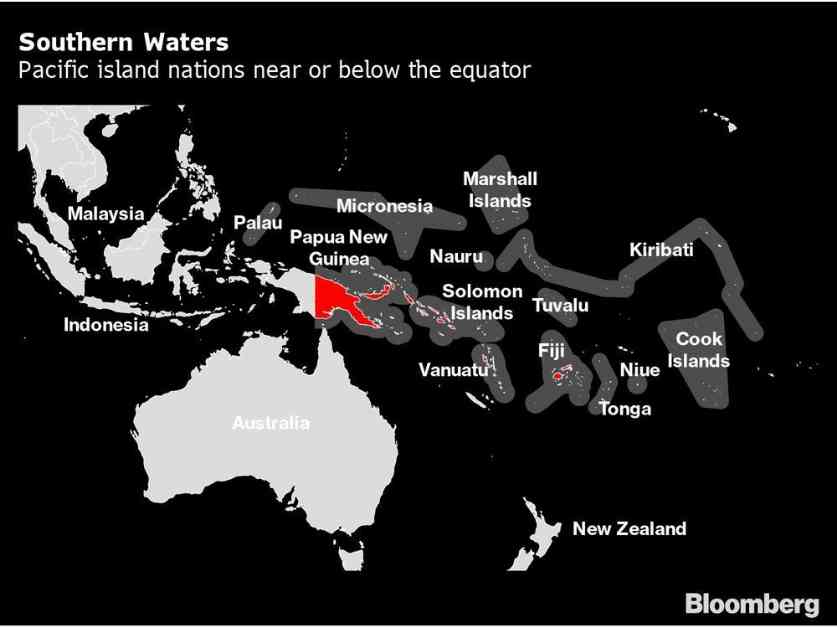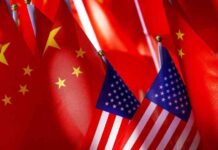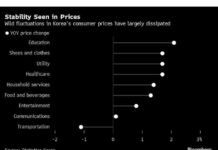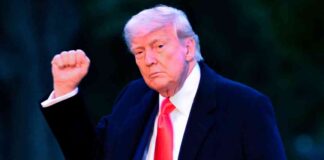China’s Pressure on Taiwan: Insights from Pacific Island Leader
The president of Palau, one of Taiwan’s few remaining diplomatic allies in the Pacific, has spoken out about the mounting pressure from China to sever ties with Taipei. President Surangel Whipps Jr also accused China of encroaching on Palau’s exclusive economic zone, located near Australia. Palau is gearing up for a national election on the same day as the US presidential election.
Whipps emphasized the importance of Pacific nations maintaining their sovereignty in the face of increasing geopolitical tensions. Both the US and China are competing for influence in the region, which is crucial due to its strategic location for shipping lanes, communication cables, fisheries, and seabed minerals.
China’s agenda, according to Whipps, is centered on Taiwan, which Beijing views as a renegade province. Over the years, China has used its economic power to sway countries away from recognizing Taipei diplomatically, especially in the Pacific where investment and infrastructure development are vital.
Currently, only 12 countries worldwide have diplomatic relations with Taiwan, with Nauru being the latest to switch recognition to Beijing. This shift underscores the significance of elections in smaller nations like Palau, where the outcome can impact their foreign policy stance. Palau’s strategic location between Hawaii and the Philippines makes it a key player in the region.
Whipps has expressed support for strengthening ties with the US, echoing President Biden’s “Build Back Better” slogan. He has also considered bolstering security cooperation with the US, potentially even hosting US missile batteries in Palau. Despite his criticism of China’s actions in the region, Whipps did not provide specific examples of Chinese pressure to cut ties with Taiwan.
Sea floor mining is another point of contention between Palau and China. While many countries see deep-sea mining as a source of critical minerals for the green transition, Whipps opposes it, citing the potential environmental consequences. He also raised concerns about Chinese vessels entering Palau’s exclusive economic zone without permission.
In the midst of these challenges, Whipps emphasized the importance of like-minded nations standing together to uphold freedom, democracy, and the rule of law. As the geopolitical landscape in the Pacific continues to evolve, Palau faces tough decisions about its alliances and future direction.






















